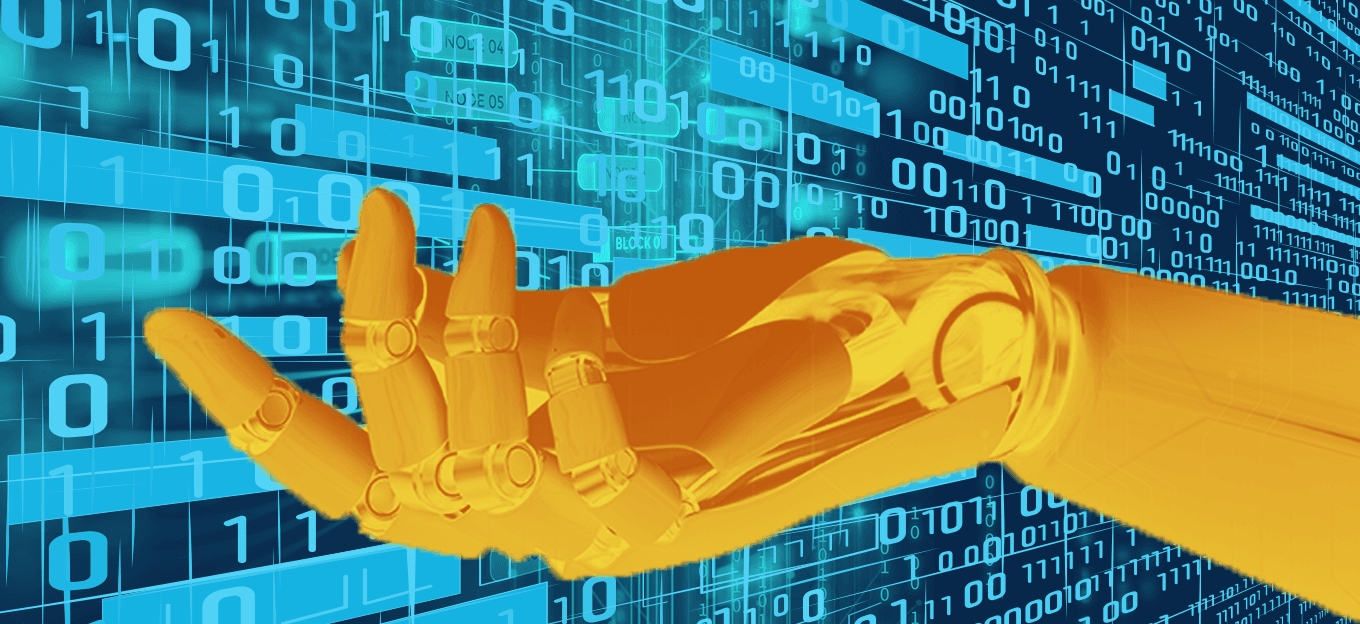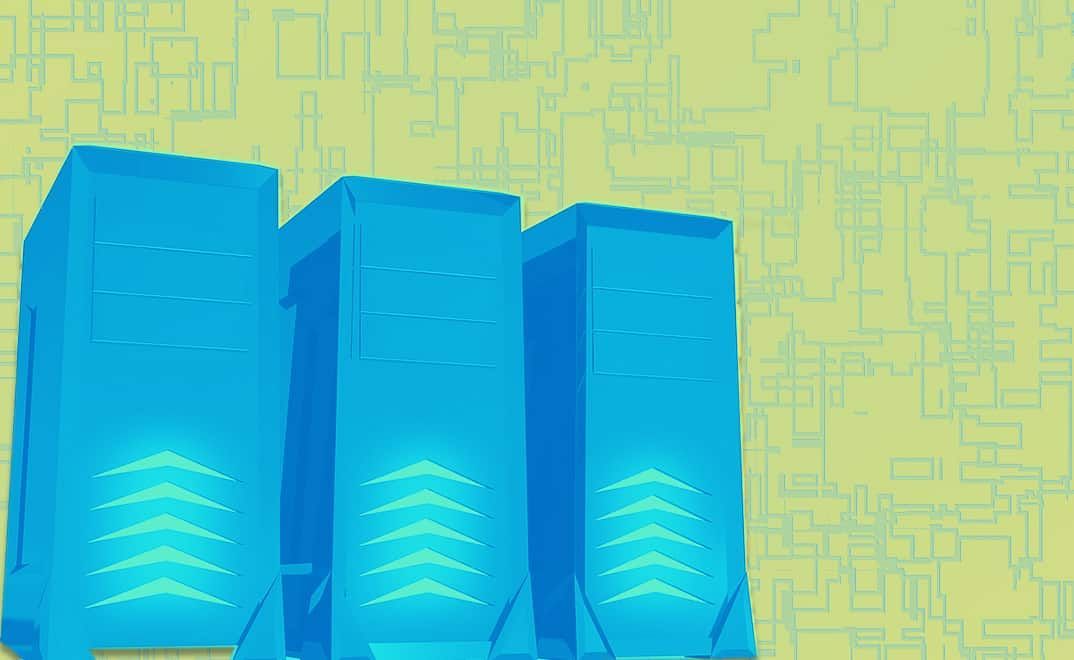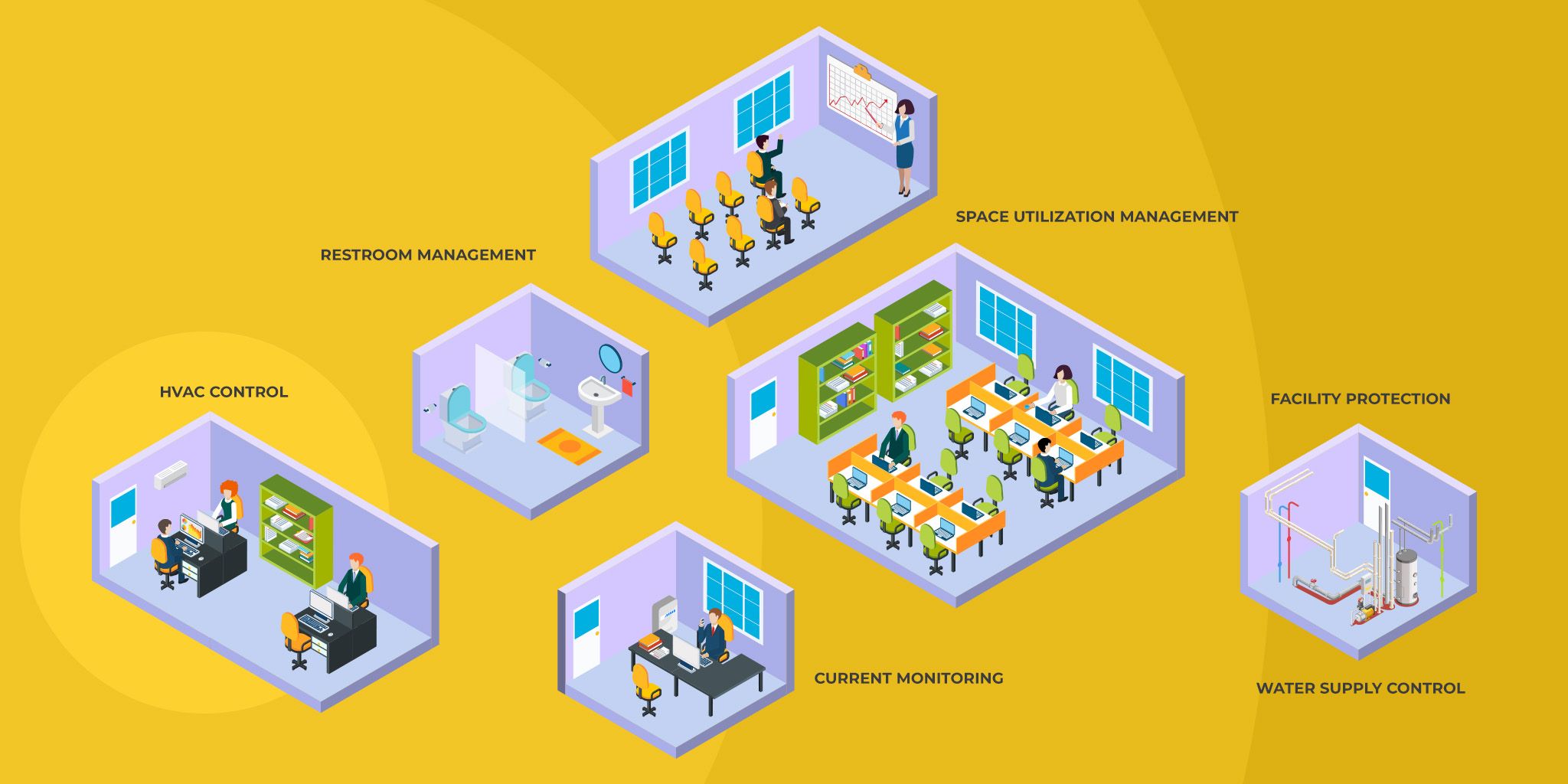How Can Automation Help Tackle Climate Change?
How Can Automation Help Tackle Climate Change?
- Last Updated: December 2, 2024
Waylay
- Last Updated: December 2, 2024



Technology is a catalyst for change. Thus, the idea to use technology to tackle the most significant global change that our generation is experiencing, climate change, is a natural impulse. Leaders across all sectors often look at advanced technological breakthroughs, such as artificial intelligence, IoT, big data, and others, to search for ways in which they can be used to help tackle climate change. Here are a few ways automation is being used to help climate change.
Global Consumption
According to the World Economic Forum, homes, offices, and other buildings account for almost 40 percent of global energy consumption and over 30 percent of worldwide greenhouse gas emissions. In Europe alone, over 75 percent of buildings are energy-inefficient. New real estate projects aim to build autonomous, ultra-efficient green smart buildings that can be remotely managed and provide better air quality and comfort for occupants. Integrating real-time monitoring and analytics via digital automation allows building management systems to automatically adjust heating, lighting, and other systems to the number of people present at any given time.
Leaders across all industries are looking to advanced technology, such as AI and IoT, for breakthroughs when tackling climate change.
With over 55 percent of the global population living in cities across the globe, smart city applications have an enormous potential to help tackle climate change. Collecting, analyzing, and automating data from sensors across the city offers new opportunities for better city traffic management and smart energy consumption. Optimizing traffic routes for fleet management of (public) transportation, avoiding congestion, and consuming energy when supply exceeds the demand are some of the use cases we see being developed today.
Data Automation
Data automation in industry and manufacturing helps companies become more productive, reduce their power usage and toxic emissions, i.e., by reducing truck rolls via predictive maintenance and condition monitoring and reducing energy consumption in the process. By enabling companies to maintain an Equipment-as-a-Service model, fewer products are manufactured, and fewer emissions occur. Data modeling is used for digitizing, connecting, and analyzing end-to-end manufacturing processes for reducing energy consumption in each industry.
Data centers are a rapidly growing global power consumption and emissions player. An average user PC consumes 1.3 kWh of electricity every three hours, without even going online; transmitting a million static webpage requests per second has been estimated at another 11.610 kilowatts per hour (kWh) – or enough to power 13 US households for a month. Implementing automation solutions can help save energy, power and reduce emissions at a data center level.
Agriculture
Agriculture and the global food system are responsible for 19 to 29 percent of total greenhouse gas emissions. With about one-third of food produced is wasted, the sector accounts for a big portion of global warming. Applying smart sensors and automation technology to agriculture and farming can help the industry improve crop yield. Soil, fertilizer, and water monitoring obtain higher crop yield by ensuring crops get the nutrients needed to grow optimally and give data insights to enhance resilience against droughts, disease, and more.
Automating livestock farming occurs through analyzing and improving eating strategies, breeding behavior, animal health, and waste management. All this helps decrease the emission intensity of livestock, i.e., less methane per unit of meat or milk. Climate-smart agriculture aims at improving both farmers’ productivity and minimizing environmental impact.
Automation: Here to Stay
As every aspect of people’s lives becomes more connected, automation is here to stay and will grow rapidly in the upcoming years. According to Fortune Business Insights, the IoT market will reach over 1 billion by 2026. The exponentially growing importance of collecting, analyzing, and automating the processing of all this data will help us give better insights into how to fight climate change and maintain more climate-friendly societal trends.
The Most Comprehensive IoT Newsletter for Enterprises
Showcasing the highest-quality content, resources, news, and insights from the world of the Internet of Things. Subscribe to remain informed and up-to-date.
New Podcast Episode

IoT in 2026: Trends and Predictions
Related Articles



